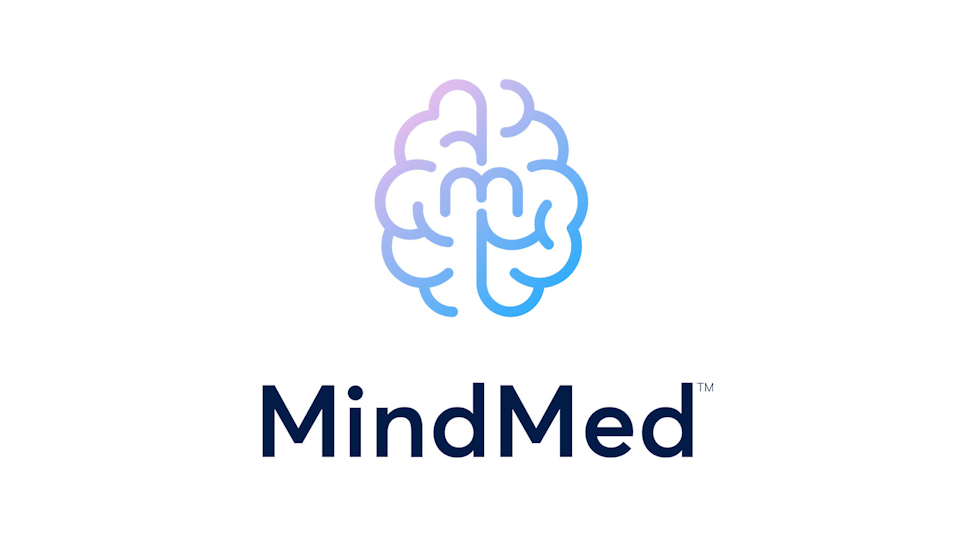MindMed says LSD-based therapy effective in anxiety

Psychedelic medicines specialist MindMed has said that its LSD-based treatment MM-120 has shown efficacy in a proof-of-concept study involving patients with generalised anxiety disorder (GAD), setting up a late-stage development programme.
The 198-subject phase 2b MMED008 study met its primary objective, showing that MM-120 achieved a significant and dose-dependent improvement in anxiety symptom score – measured using the Hamilton Anxiety Rating Scale (HAM-A) – four weeks after a single dose.
MindMed said it plans to hold an end-of-phase 2 meeting with the FDA in the first half of 2024, with a view to starting phase 3 before the end of next year.
MM-120 (lysergide 2-tartrate) was administered under medical supervision in a controlled and monitored clinical setting in the trial, at four different doses, and compared to placebo. Patients were not receiving any other medications for anxiety and are now being reviewed at several in-person visits over a maximum follow-up period of 17 weeks.
At the four-week primary endpoint, those receiving the LSD drug showed a 21.3-point improvement on HAM-A, a 7.6-point improvement on the placebo group, which improved on average by 13.7 points.
That translated into a clinical response rate of 78% in the 100 µg and 200 µg dose groups measured using the Clinical Global Impressions - Severity (CGI-S) scale, compared to 31% for placebo, and a 50% clinical remission rate in the 100 µg dose group at four weeks, according to MindMed, which expects to report top-line 12-week data in the first quarter of next year.
That will be crucial, to gauge whether the one-dose therapy is durable enough to make it a feasible therapy for GAD in the real world.
It is a case of so far, so good, though, and the four-week data at the 100 µg dose group is “more than double the standard of care” with benzodiazepines, buspirone or selective serotonin reuptake inhibitors, said MindMed chief executive Rob Barrow on a conference call.
If effective and approved, he thinks the drug could be given on an episodic basis, as required, which would represent a sift from the current paradigm of chronic ongoing treatment.
“We believe this study is the first to rigorously assess the efficacy of a drug candidate in this class in the absence of a concurrent therapeutic intervention, which brings hope to the millions of people suffering from GAD,” said MindMed’s chief medical officer Daniel Karlin, who believes that the pharma industry has “largely ignored” GAD over recent decades.
“Few new treatment options have shown robust activity in GAD since the last new drug approval in 2004, making the strong, rapid, and durable clinical activity of a single dose of MM-120 observed in the trial particularly notable,” he added.
Karlin hypothesised that the lower efficacy for the 200 µg group may be a result of a plateau effect, with no gains in anti-anxiety activity at the higher dose and the possibility of “more challenging experiences” during the administration period that may mitigate some of the positive effects.
Ultimately, further data will be needed before a decision on the dose to take forward into phase 3 is selected, he added.












